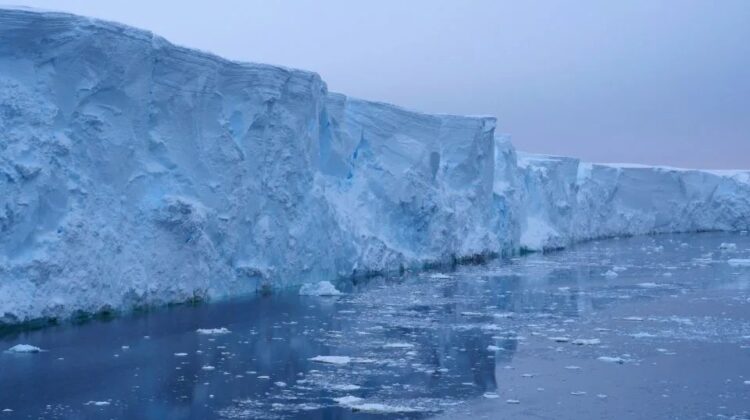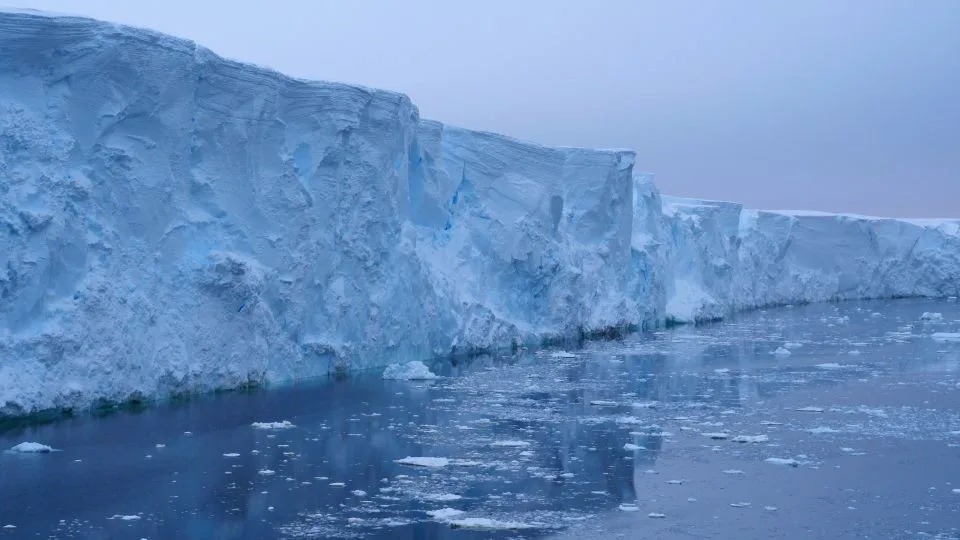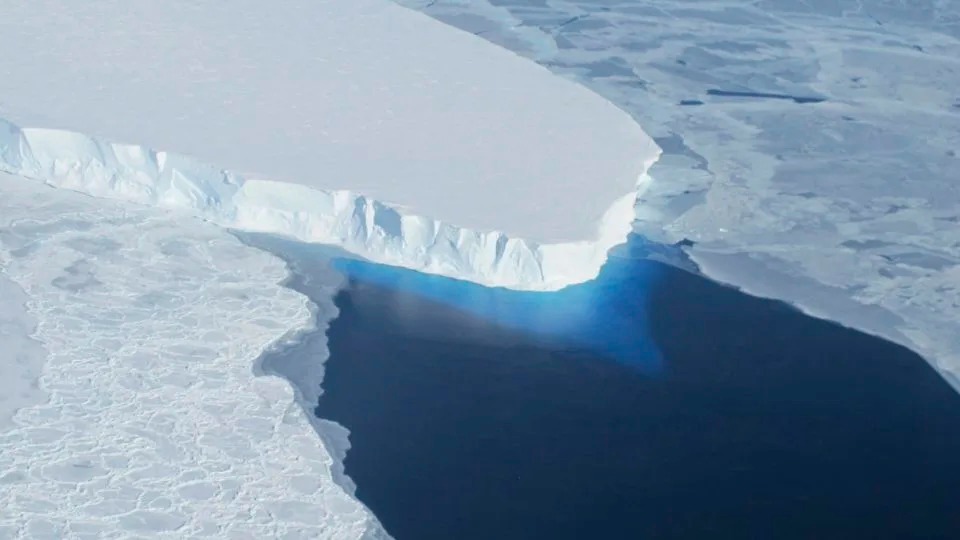
Scientists have recently made a chilling discovery deep beneath the Thwaites Glacier in Antarctica, a massive ice formation often dubbed the “Doomsday Glacier.” Their findings paint a grim picture of the glacier’s accelerating melting rate, raising serious concerns about the potential for catastrophic global sea level rise.
The Accelerating Melt
The International Thwaites Glacier Collaboration, a team of scientists from around the world, has been studying Thwaites Glacier for several years. Their latest research, published in a series of studies, reveals that the glacier is melting at a much faster pace than previously thought. This rapid ice loss could lead to an irreversible collapse, with devastating consequences for coastal communities worldwide.

The Potential for Catastrophic Sea Level Rise
Thwaites Glacier holds enough ice to raise global sea levels by more than two feet. However, the real danger lies in its potential to destabilize the entire Antarctic Ice Sheet. If Thwaites collapses, it could trigger a chain reaction, leading to a total sea level rise of up to 10 feet. Such a dramatic rise would have catastrophic consequences for coastal cities and low-lying islands, displacing millions of people and causing widespread economic devastation.

The Underlying Causes
The scientists’ research has uncovered several factors contributing to Thwaites’ rapid melting. Warm ocean water is seeping beneath the glacier, melting it from below. Additionally, the glacier’s grounding line, the point where it meets the ocean floor, is retreating rapidly, exposing more ice to the warm water. These factors are exacerbating the glacier’s vulnerability to climate change.

The Urgent Need for Action
The findings of the International Thwaites Glacier Collaboration underscore the urgent need for global action to address climate change. Reducing greenhouse gas emissions is essential to slow the rate of global warming and mitigate the worst effects of climate change, including sea level rise.
As the world faces the growing threat of climate change, it is imperative that we take decisive steps to protect our planet and its inhabitants. The future of our coastal communities may depend on it.

Leave a Reply